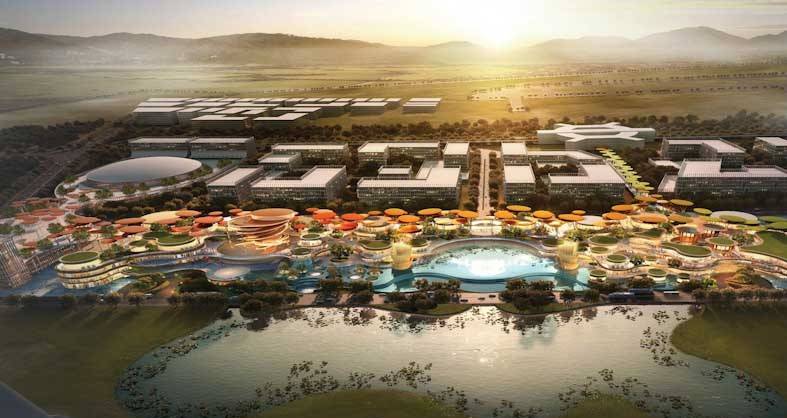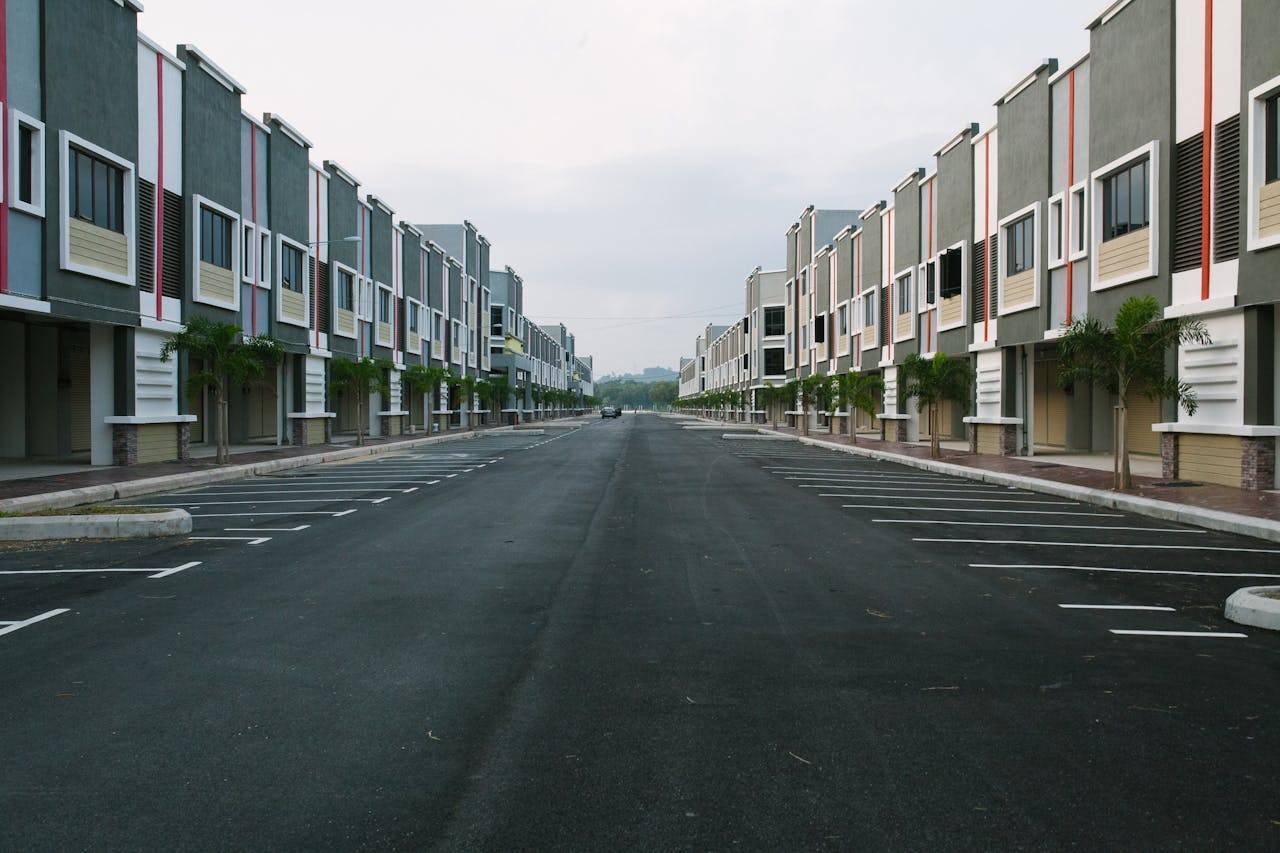The Bengaluru Airport City, a dynamic commercial and hospitality hub under development around Kempegowda International Airport (KIA), is poised for a massive transformation. As revealed during the Confederation of Indian Industry (CII)-CBRE real estate conference on July 10, the project will see over 45 million square feet (msf) of development. Rao Munukutla, CEO of Bengaluru Airport City Limited (BACL), shared insights on the ambitious plans and the phased progress expected over the next 14 years.
Major Developments and Features
1. Global Capacity Centres (GCCs):
BACL, a wholly-owned subsidiary of Bangalore International Airport Limited (BIAL), is spearheading the development of approximately 2 msf of business park space dedicated primarily to Global Capacity Centres (GCCs). These centers are slated to become operational by 2026. Munukutla highlighted ongoing discussions with multiple corporations and multinational companies to establish their presence in this state-of-the-art business hub.
2. Transit-Oriented Development (TOD):
The Bengaluru Airport City will leverage the concept of Transit-Oriented Development (TOD), focusing on creating high-density residential, business, and leisure spaces within close proximity to public transport. TOD areas are known to attract a 20% premium in real estate rentals and market values due to their enhanced accessibility and convenience. This approach aims to optimize land use and reduce the dependency on private vehicles, thus promoting sustainable urban growth.
3. Enhanced Connectivity through Metro Stations:
To address the critical issue of last-mile connectivity, BACL is investing in two metro stations within the airport city. These stations will connect various parts of Bengaluru, significantly improving mobility for commuters. This investment is part of a broader strategy to ensure seamless transit for residents, workers, and travelers, enhancing the overall appeal and functionality of the development.
4. Underground Tunnel:
A key infrastructural highlight is the planned 2.5-kilometer underground tunnel, which will connect the eastern and western parts of Bengaluru Airport City. This tunnel aims to facilitate smoother travel to the airport from the eastern IT corridor of Whitefield, easing congestion and reducing travel times. Although details remain under wraps, Munukutla emphasized the tunnel's importance in streamlining access to the airport.
Office Space Expansion
The real estate landscape in Bengaluru is set for a significant expansion. According to the CII-CBRE report, the city is expected to witness its office space stock grow from the current 223 msf to approximately 330-340 msf by 2030. This increase is almost 1.5 times the existing commercial stock, indicating robust growth in demand for office spaces.
Key Investment Areas:
- Bellary Road and Yelahanka in North Bengaluru: These regions are emerging as prime locations for commercial investments due to their strategic location and developing infrastructure.
- Varthur Road and Kadugodi in East Bengaluru: Known for their proximity to major IT hubs, these areas are attracting significant interest from investors and developers.
Diversified GCC Landscape
Bengaluru's Global Capacity Centres have diversified beyond their traditional technology and Banking, Financial Services, and Insurance (BFSI) roots. The city now hosts specialized firms from sectors such as retail, aerospace, and life sciences, reinforcing its position as a versatile commercial hub.
Ram Chandnani, Managing Director of Advisory and Transaction Services at CBRE India, noted that more than 40% of GCC leasing in India is concentrated in Bengaluru, and this trend is expected to continue. However, he emphasized the need for government interventions to resolve last-mile connectivity gaps, particularly in the city’s outskirts. Addressing these micro-level issues is crucial for sustained growth in Bengaluru's real estate sector.
Conclusion
The comprehensive development of Bengaluru Airport City, with its focus on TOD, enhanced connectivity, and diversified commercial spaces, is set to significantly boost the city's real estate market. The phased completion by 2038 will transform the area into a premier destination for business, hospitality, and retail, further solidifying Bengaluru's status as a leading commercial hub in India.
Image source- bengaluruairport.com









.png)